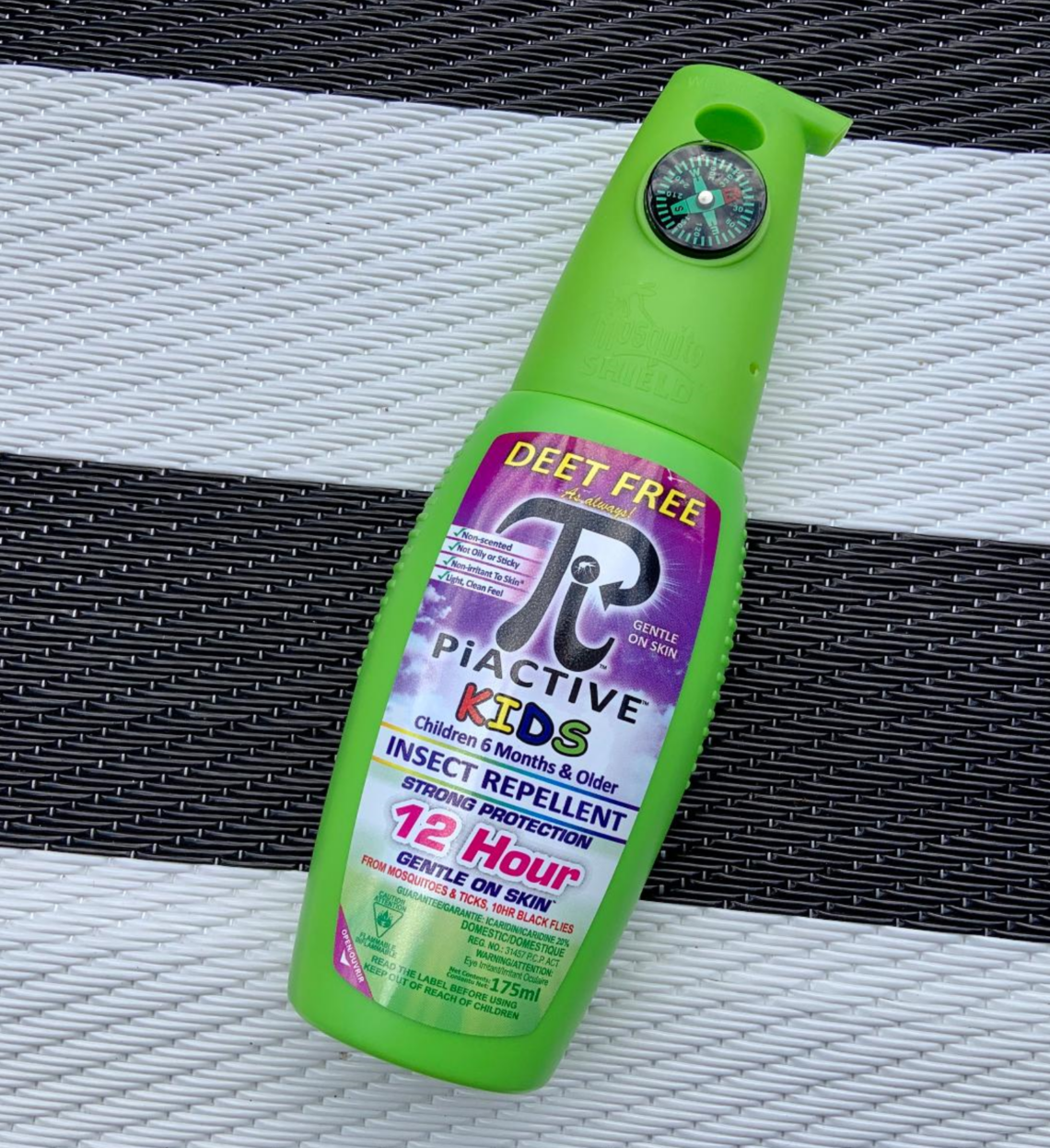
To DEET Or Not To DEET: Your Guide to Safer Bug Repellent
As we approach the long weekend here in Toronto, many of us will likely be spending even more time outdoors. And I don’t know about you but the mosquitoes have been crazy this year!
A good friend of mine recently reached out to ask me for my opinion on insect repellent, how safe they are, especially for kids! Apparently I’m now the safer product junkie! LOL!
Now seriously though the big question is how safe are bug repellents, especially the ones containing DEET and are there any safer alternatives out there! Well, you’re in luck! I’ve done the research and here’s the scoop!
Let’s start with the big DEET debate. Is it really bad for you?
DEET is know as one of the best insect repellents around and has also been around for quite some time. It was developed in 1946 by the US army to prevent insects from being able to smell humans and has been available to the public since 1957 . Technically speaking it is a known toxin since it is a synthetic chemical pesticide.
Over the years there have been incidents and studies that have shown that DEET usage has led to skin reactions, dizziness, headaches, and nausea and even seizures. In a few rare cases it has also been linked to birth defects. But these were smaller studies with smaller sample sizes. In the U.S., the Environmental Protection Agency claims it is “slightly toxic” and in Canada, Health Canada has not said not to use it but provides strict guidelines on making sure to wash it off when no longer needed. Also they have provided specific concentration levels depending on age:
- adults and children older than 12 years old is up to 30%
- children aged 2 to 12 years is up to 10%
- you can apply the product up to 3 times daily
- children aged 6 months to 2 years old is up to 10%
- you should not apply the product more than once a day
They also indicate that for children younger than 12 years old, do not use a DEET product on a daily basis for more than a month. Also for infants younger than 6 months old, do not use an insect repellent containing DEET. Canada’s Environmental Defence goes even further and recommends that DEET not be used on children at all, and that nobody should use concentrations greater than 30%.
On the flip side, in more recent years there’s also been research indicating that it may not be that bad after all. And the Environmental Working Group actually recommends using it. Now the question is, do you still want to use something that possibly “may not harm” you or your kids? For me that’s a definite no!
Now, other than hiding inside all summer long which I strongly don’t recommend, there are other options to keeping those pesky bugs and mosquitoes away. So let’s talk about some alternatives!
Natural Alternatives
Some natural alternatives include tea tree oil, thyme oil, soybean oil, oil of lemon eucalyptus (not for children under 3), and citronella oil (not for children under the age of 3). Another alternative is crushed lavender flowers. For most of these you will want to create some sort of mixture or spray. I recommend checking out this great article on Healthline that outlines how to make these concoctions!
DEET- Free Insect Repellent Alternatives
At the same time sometimes you just need something quick that you can take with you or apply when away from home. These are some DEET-free insect repellents to check out:
PiActive (this is the one we use right now)
Atlantick Lemongrass Outdoor Spray
We were lucky enough this year that a kind neighbour came by and was gifting citronella plants to the entire neighbourhood. I have ours by the deck and I can say so far so good! Plus we use PiActive as a spray when we need a bit more bug protection. As always do your research and do what you think is best and safest for you and your family. Have a great long weekend!




